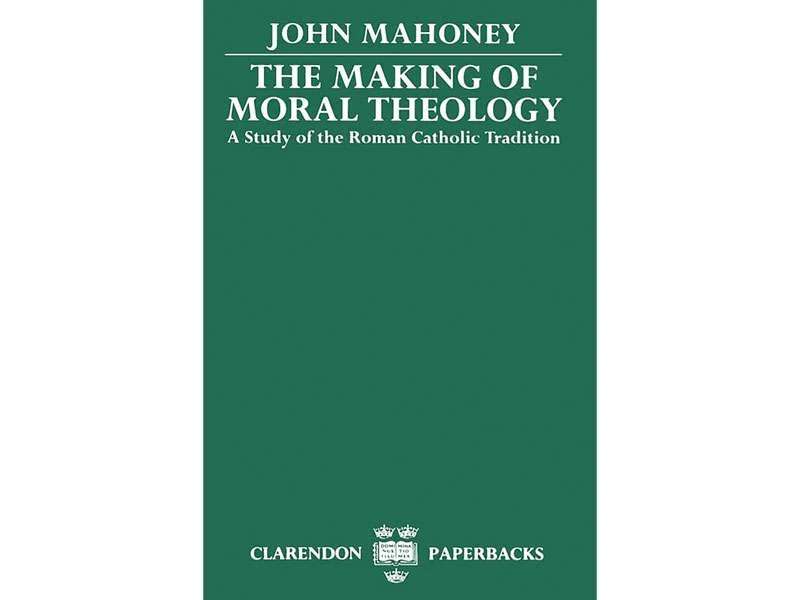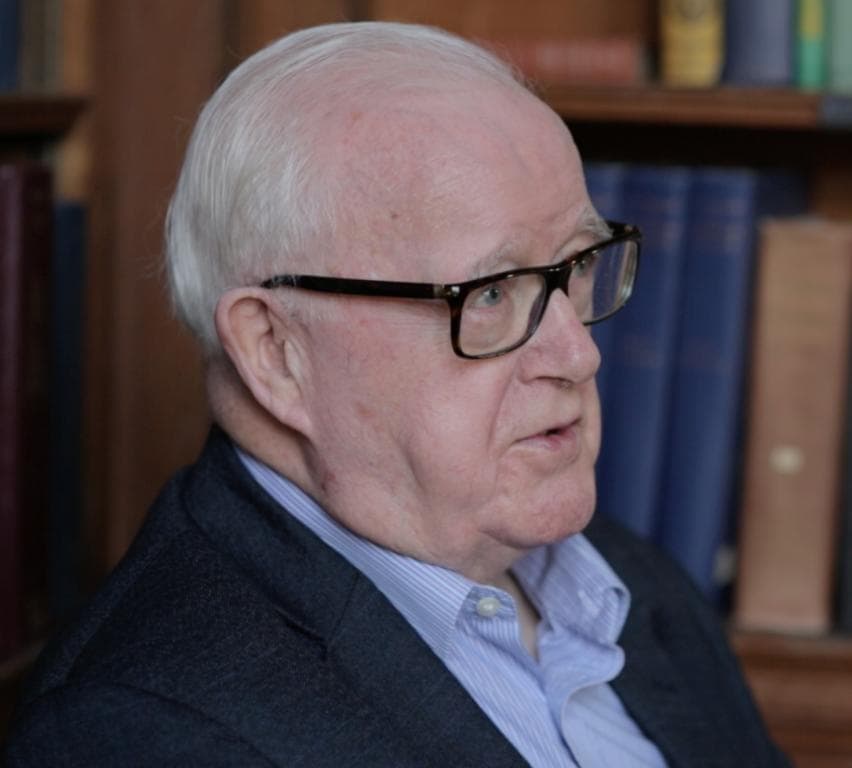
I think many of us would do well to engage in some theological reflection on the way in which our Christian faith has been shaped and formed. Listening to the ongoing debates within the General Synod is both illuminating and disturbing in equal measure. This is a legislative body and a political body defending territory and, for some, truth. Recently in their February sitting a compromise was reached in relation to safeguarding but also a delay in any immediate shift into recognising the validity of same-sex partnerships. Politics is a messy business and one of the victims of this tribal warfare is the way in which we ‘do’ theology. It follows that the positions and convictions we hold about theological truth shapes irrevocably our pastoral presence and engagement. It may also affect whether others trust us with what is in their hearts.
We human beings are deeply committed to disagreement, argument and holding our ground. It is no accident of history that Christians have over the centuries put people to death for heresy. The human heart is complex.
I came up to read theology at King’s College London in 1979. The faculty was a strong and large one attracting many national and international students. It had by this stage stopped its work of forming individuals for ministry. The curriculum was, in the light of today’s world, rather traditional embracing the main areas of theological study. This included significant biblical scholarship, philosophy of religion, Christian doctrine, Christian ethics and ecclesiastical history.
I was aware of some of the debates surrounding a more critical interpretation of truth in the Christian tradition and the biblical texts. I had read as a sixth form student, The Myth of God Incarnate, though my understanding of some of the implications for theological knowledge and truth was limited. At King’s I encountered the range of opinions that have always existed in theological learning in a way, which was liberating and intellectually exciting. I quickly settled into the life of a London Church and felt a strong calling into ministry. My difficulty, however, lay in what one might describe as the ‘divisions’ in between the subject areas of theology which led this explorer to find it difficult to see how the parts related to the whole. It was a struggle to connect the sum of the parts into a coherent whole. Add to that some serious disconnections between theology and pastoral practice and what emerged was a young searcher better at asking questions then answering them. I’m not sure over 40 years later that a great deal has changed except I have been committed in my own research and writing to ensuring that at least theology can nod in the direction of human flourishing and compassionate pastoral practice.
The search continued at St Christophers Hospice after graduation where, as an intern auxiliary nurse, I encountered life and death at its most pastorally acute. Two years at theological college gave me the opportunity to research the interface between theology and pastoral care. I continued this journey with counselling training as a curate and further research relating to the AIDS crisis. At this point I encountered Mahony’s book, The Making of Moral Theology published in 1987, was a turning point on my learning journey. I still have my heavily annotated copy sitting on my bookshelf. This book brought the parts together and opened up the context of the way theological thinking evolved in a way that I had never seen before.
Jack Mahoney was a Jesuit moral theologian. This book started life as the D’Arcy Lectures at Campion Hall, Oxford. It built upon the work of the Second Vatican Council and the ensuing reform of moral theology. I don’t believe that it was a coincidence that Mahoney moved into other fields of moral and social ethics. He became well known in the later part of his academic life as a pioneer in the emerging work of business ethics.
A number of connecting themes made this book a significant turning point in my theological journey. The first was the way in which Mahoney wrote. His style was quite unique. It was captivating and clear. It opened up horizons. The paragraphs and chapters carefully connected invited his reader into discovery and further thought. I think this is quite a task when writing about moral theology and Christian ethics. He did not patronise his reader but made sure I think that openness and clarity should be key virtues of theological writing.
The second was the grasp of historical sensitivities. Mahoney had so absorbed himself in catholic moral theology that he was able to help his read and navigate the questions, the paradoxes and the difficulties of how we should think about the world, human nature, and our ability or inability to think theologically. He writes clearly but with a certain sense of playfulness and never ever patronises the reader. This is a very unusual gift for an academic.
The third was a sense in which Mahoney some of the trends, themes, and doctrines which have shaped the way moral thinking has evolved over the centuries. In this process of assimilation, he is unafraid to offer judgements on the contemporary state of the way we ‘do’ theology. It bears more on further reading. There is a kind of playfulness to his invitation into understanding the Catholic tradition.
The fourth is his acceptance of the inevitable revolutionary tension and change that must always come when we attend to theology. Mahoney shows this reader how such a tradition is always shaped by the unpredictable combination of events, personalities (with their baggage of ‘agendas’) and conflicts. These birth pangs of development are the substance of growth. Change is painful but necessary if we are to forge wisdom for the world.
The fifth is his reminder of the sea change of the Second Vatican Council. Mahoney surveys the issue of papal infallibility, birth control, confession as sacrament and the extraordinary change in attitude to salvation outside the Church.
The sixth is his masterful discussion of the legacy of Augustine which sent me out to the bookshops to buy his books and those of scholars of Augustine. Most remain unread but are waiting for the moment!
So, what happened all those years ago as I devoured this book? I think it excited in me a passion for theology that has never left me. Progressive, broad minded with always an eye on the pastoral. How might theology help us to flourish and give us a dependable map for life? What do Christians call upon when they make decisions? How do we live the tradition passed on to us? There was in these chapters a defence of liberalism that was firmly rooted in the Christian tradition but open to the world in all its wonder and contradictions.
Baroness James offers this warning about theology in her autobiography,
‘Between lectures I looked at some of the theological books on sale in the hall. Most seemed to me totally incomprehensible. Obviously doctrinally and philosophically they would be well above my understanding, but it seemed that the sentences themselves were incomprehensible, a string of polysyllabic words strung together from which I could get no meaning. Theology, like other professions, has its own obscurantism. The problem is surely that theology should impinge on the lives of ordinary non-theologians if it is to have influence. Surely it can sometimes be written in language the intelligent lay man or woman can understand.’
Time to Be in Earnest, Faber and Faber 1999,p173
Mahoney does not fall into this trap, and it may be part of its abiding power and influence. This book strengthened in me nearly forty years ago a deep belief in and passion for theology and at this point I want to name this as pastoral theology which is practical in so far as it nurtures and shapes our lives.
At its best, Theology is still able at its best to articulate that sense of the ineffable and essential which gives meaning, purpose and definition to our lives, both as individuals and as the social creatures who owe it to ourselves to look after one another and the planet that succours and shelters us.
Theology may yet point towards a context where human beings may be freer, more complete, and more fully apprised of the mystery which is at the heart of all mysteries, from which we emerge and to which in the end we return.
Theology will be the sensitive language of a Christian community that is outward-looking, self-effacing and non-dogmatic. It will begin from experience, conduct a process of exchange with the world
Theology will serve as the codex for a federation of fellow travellers on life’s way. Those travellers are oriented towards their sisters and brothers in a spirit of hope and grace.
These are some of the gifts that this book bears. Read it for yourself and discover why !

